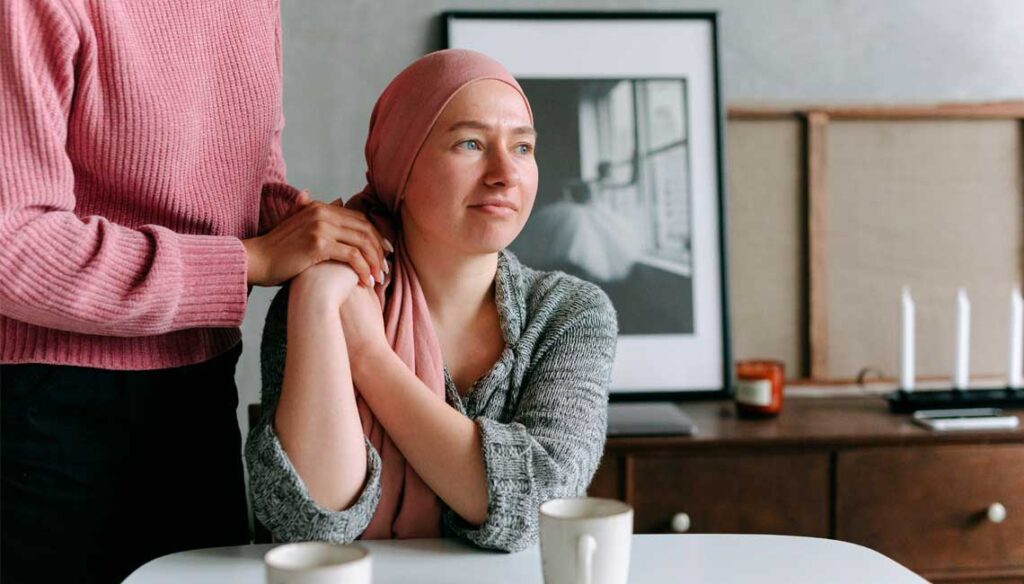
Death is the light by which the shadow of all of life’s meaning is measured.
Mark Manson
Thanatology is the knowledge related to the causes and effects of the end of earthly life. It arose with the purpose of alleviating the physical and emotional pain that occurs in a terminal patient, that is, in a person who suffers and knows the diagnosis of his or her illness, from which he or she is possibly going to die in a short time.
In former times, people thought recurrently about the moment of their own death; even today, it is common for us to think that it would be better to die without realizing it, or even in our sleep. Medical advances almost convince us that there is always a possibility of healing, and with this way of thinking, by avoiding the subject, grief becomes increasingly difficult to cope with. Thanatology is of great help to those who are grieving the absence of a loved one. It teaches us to think and talk about the inevitable.
Dr. Elisabeth Kübler-Ross was a pioneer in the study of death: she is considered the originator of thanatology and her research was published in the middle of the last century. Her contributions are still valid today and, thanks to her, we know that grief is experienced in the face of practically any loss throughout life.
Her scheme on the stages of grief is famous, which explains how we go through denial, anger, negotiation, depression, and acceptance. Today we know that these stages are not lived in a strict or chronological order, that they are experienced in indistinct times, sometimes prolonged, and through this process, important lessons are learned for a better life.
According to Dr. Kübler-Ross, getting close to dying patients teaches us about real human concerns, and her conclusion has been that people face death peacefully if they have lived a full and loving life. He also concluded that it is not necessary to wait for the end of life to have meaningful moments every day.
Fortunately, he had many disciples who today continue his legacy in the medical field, as therapists, companions, and caregivers of terminally ill patients, so as not to let them die in solitude and to offer a presence in those last moments when the importance of what is left behind: the partner, the children, or unfinished plans, are concerns that disturb the peace.
When facing a loss, an enormous pain arises that makes us experience deep suffering, so we suggest some #tools recovered from the perspective of thanatology:
- Death is part of life. Even if it is someone very dear to you who is leaving, and even if it is hard to face it, do not avoid the subject. People know when it is going to happen and they are interested in expressing important things, listen.
- If you are close to a person in the terminal stage and you do not know what to say, it is not necessary to talk, sometimes it is better to remain silent, touch, and love. These simple actions are very helpful. See how Dr. Kübler-Ross does it.
- Do not wait to say I love you, and do not keep resentments, the past is gone and the future does not exist; the present is the only valuable thing we have. As in the English language, in which gift is said presently.
- If one lives a full life, acceptance of death becomes possible.
- Do not avoid your pain, live it, afterwards you will feel a positive and spiritual strength, full of learning.
- Visit the Elisabeth Kübler-Ross Foundation website where you will find support and useful information.
At Del Pueblo Funeral Home, we never stop learning and we want to share it, that’s why we remind you that we make the most difficult moments easy.
